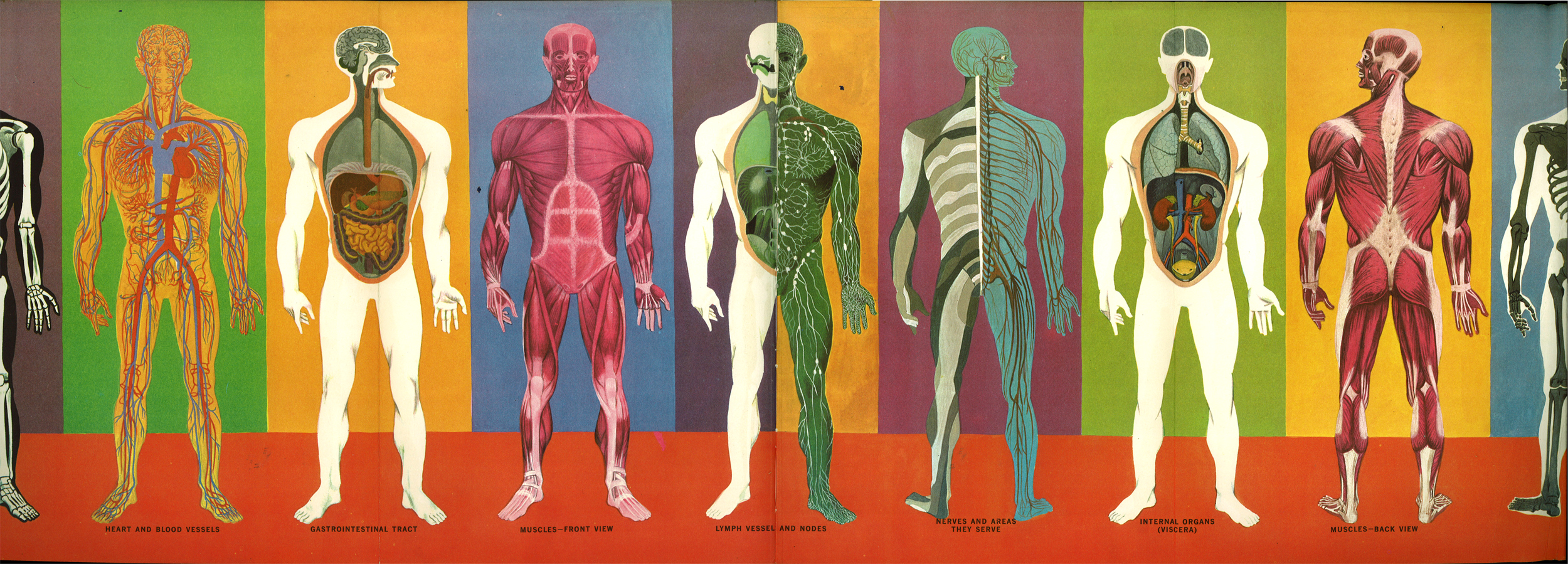Fenbendazole is a common medication used by veterinarians to treat and prevent intestinal parasites in dogs. It is also being studied as a cancer treatment.
Cells were treated with graded doses of fenbendazole for 2 or 24 h, then assayed for clonogenicity using a rigorous colony formation assay. The data are shown as either surviving fractions or yield-corrected surviving fractions (YCSF).
The addition of fenbendazole significantly reduced the clonogenicity of cells exposed to irradiation.
1. It kills cancer cells
A broad-spectrum antiparasitic drug used to treat parasitic worm infections in animals like horses has been found to kill cancer cells. Fenbendazole is a potential anticancer drug that has been shown to have significant cytotoxicity against several human cancer cell lines.
Researchers investigated how fenbendazole kills cancer cells in vitro and in vivo. They found that fenbendazole inhibited the growth of EMT6 tumors in mice by killing the cancer cells and triggering apoptosis. They also found that fenbendazole killed cancer cells in vitro by inhibiting glycolysis, which is necessary for the survival of cancer cells.
In a second set of experiments, researchers tested the effects of fenbendazole on colorectal cancer cells in a hypoxic environment. They found that fenbendazole decreased the expression of SLC7A11 and GPX4, which triggered ferroptosis and increased DAMP-induced apoptosis in the cells. In addition, treatment with the SLC7A11 inhibitor ferrostatin-1 or DFOM, which are known to block ferroptosis, did not prevent fenbendazole’s effect on apoptosis in the cells.
2. It prevents the development of new cancer cells
Benzimidazole antihelminthic agents are known to be effective against cancer cells and inhibit microtubule polymerization in a variety of tumor cell lines. These agents also have a moderate microtubule-depolymerizing effect in normal human cell cultures. The repurposing of broad-spectrum, benzimidazole anthelminthic drugs for oncological use can be rapid and cost-effective.
This study examined the effects of fenbendazole, a benzimidazole compound, on tumor growth and radiation response in EMT6 colon cancer tumors in BALB/cRw mice. Tumor-bearing mice were randomized to serve as controls, or to receive three daily i.p. injections of fenbendazole, or to receive a combination of fenbendazole and 10 Gy of radiation. Tumor growth was measured using a standard colony formation assay and compared among treatment groups.
These results show that fenbendazole inhibits the growth of EMT6 colon cancer cells, and that its antitumor activity is enhanced in the presence of radiation. However, the results do not demonstrate that fenbendazole has any beneficial effect on radiation-sensitive unirradiated tumors. The Full Fact team spoke to a specialist cancer information nurse who said there is insufficient evidence that fenbendazole cures cancer, and it needs further clinical testing to find out if it’s safe and effective for humans.
3. It stops the growth of existing cancer cells
The anthelmintic fenbendazole, more commonly known as a dog dewormer, may suppress the growth of existing cancer cells. It does so by inhibiting the proper formation of microtubules, a cell’s scaffolding. Cancer cells require a lot of glucose to fuel their growth. This is why they need to use up all the available cellular energy, which leads to mitosis.
According to a study published on July 6, Gregory Riggins, MD, from the Virginia and D.K Ludwig Fund for Pancreatic Cancer Research at McMaster University, found that fenbendazole, also known as mebendazole, prevents the growth of pancreatic cancer in mice. The drug works by blocking the formation of tubulin, which is both the cell’s skeleton and its highway for transporting nutrients.
The researchers performed three experiments examining the effects of fenbendazole on EMT6 tumors in BALB/c mice. The results showed that fenbendazole, either administered in the diet or given as three daily injections of i.p., did not alter tumor growth or radiation response in unirradiated or irradiated tumors.
4. It stops the spread of cancer cells
The anthelmintic drug fenbendazole is known to treat parasitic infections in animals. However, it is not currently approved for use in humans. It is also not a proven cancer treatment. A YouTube post by a Canadian veterinarian claims that taking this medication cures cancer, but this claim is not supported by evidence.
In vitro, 2-h fenbendazole treatments were not toxic to aerobic EMT6 cells and did not significantly reduce the numbers of cells in monolayer cultures. However, a 24-h treatment resulted in significant reductions in cell number and clonogenicity. The cytotoxicity of fenbendazole increased with incubation time and under hypoxic conditions, and was greater in 5-FU-sensitive than resistant CRC cells. The drug was able to induce p53-independent apoptosis in both sensitive and resistant cells, as well as ferroptosis in the latter.
A benzimidazole-class anthelmintic, fenbendazole is widely used as a parasite treatment in dogs and other animals. It is a broad spectrum antiparasitic, effective against giardia, roundworms, hookworms, whipworms, the tapeworm genus Taenia (but not Dipylidium caninum, the common dog tapeworm), pinworms, and hookworms of other species.

